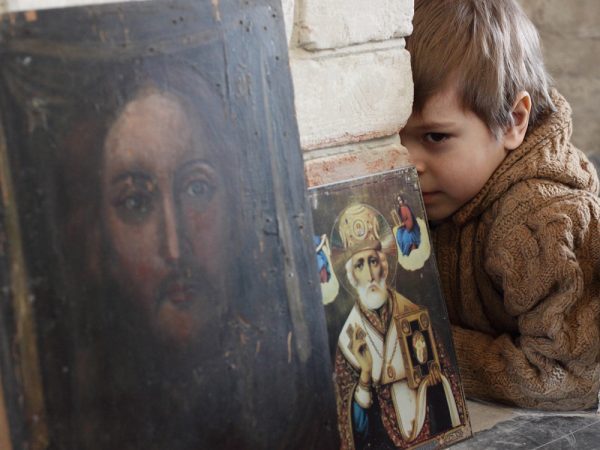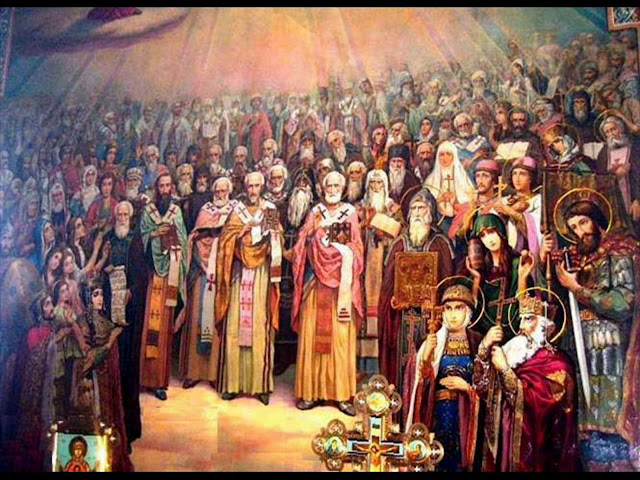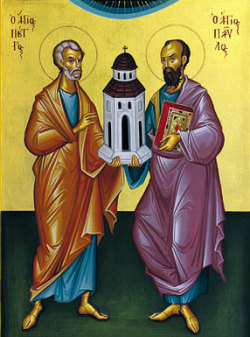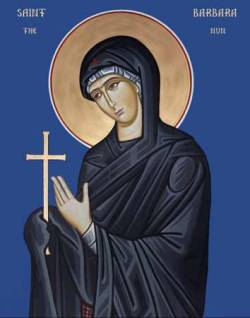We often have the impression that saints are sinless and infallible, but this is wrong.
People who are great and triumphant in a worldly way manage to seem infallible and sinless. At their every mistake, at their every failure, they put forth an effort to convince everyone that they are in fact correct. They refuse to accept their mistakes, or seek forgiveness, so that their image is not destroyed. They therefore keep a safe distance from others, to avoid being scrutinized.
The saint, however, does not have these fears. He knows very well that "saint" does not mean one who is sinless or infallible, but one who is repentant. For this reason he is not ashamed to admit his mistakes, to ask forgiveness, or to reveal his sinful self. Whereas a great person of this world has many things to hide, the saint has nothing to hide. And the more he is scrutinized, the more he gains. For this reason one admires the majesty of his soul, his genuineness.
Taken from The Blessed Surgeon: the life of Saint Luke Archbishop of Simferopol. p 98
People who are great and triumphant in a worldly way manage to seem infallible and sinless. At their every mistake, at their every failure, they put forth an effort to convince everyone that they are in fact correct. They refuse to accept their mistakes, or seek forgiveness, so that their image is not destroyed. They therefore keep a safe distance from others, to avoid being scrutinized.
The saint, however, does not have these fears. He knows very well that "saint" does not mean one who is sinless or infallible, but one who is repentant. For this reason he is not ashamed to admit his mistakes, to ask forgiveness, or to reveal his sinful self. Whereas a great person of this world has many things to hide, the saint has nothing to hide. And the more he is scrutinized, the more he gains. For this reason one admires the majesty of his soul, his genuineness.
Taken from The Blessed Surgeon: the life of Saint Luke Archbishop of Simferopol. p 98










